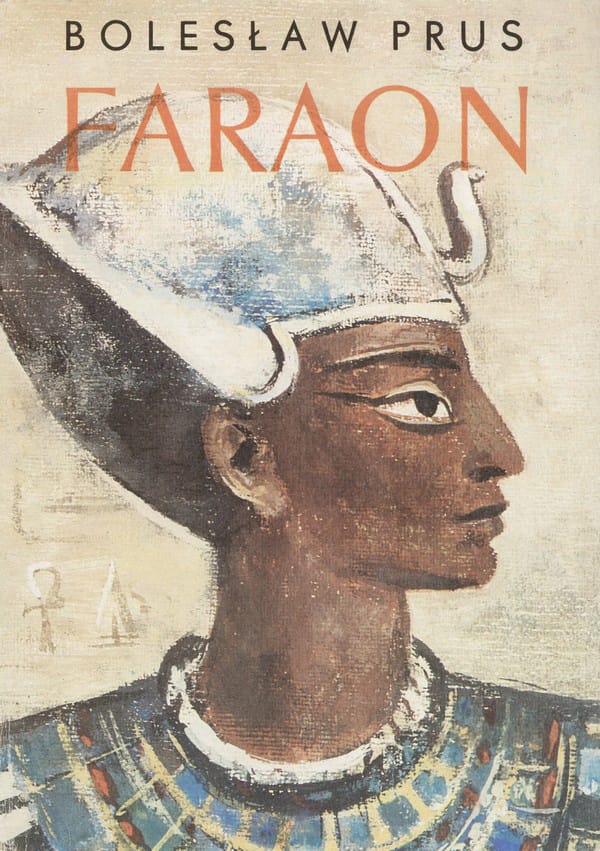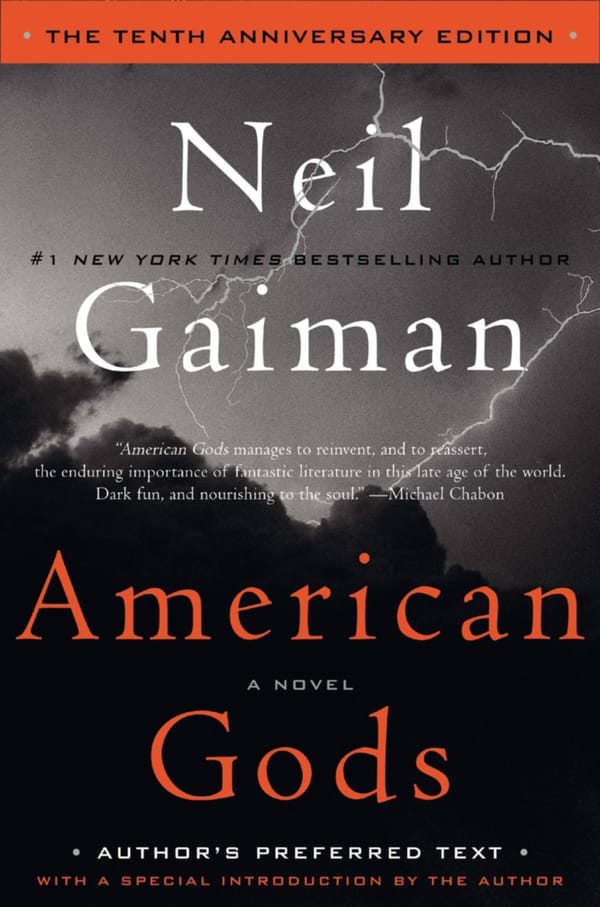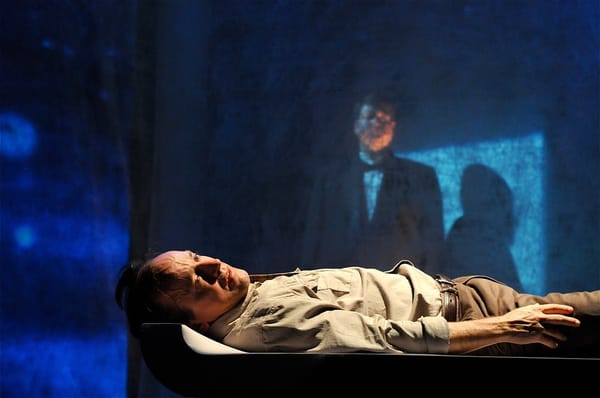Looking back at Pride and Prejudice
Rhys Davies reads a classic
Pride and Prejudice by Jane Austen was first published in 1813. It hardly belongs on the latest bestsellers chart so why have I landed on this book, now? A few reasons. One, it’s one of those classic books that you always promise yourself that you’ll read (but never do). Indeed, I’ve put off reading this book for nearly two hundredyears. Two, my girlfriend adores Austen and I wanted to know what all the fuss with this chick-lit is. So, in total, a milieu of self-improving and self-motivated reasons.
“It is a truth universally acknowledged, that a single man in possession of a good fortune must be in want of a wife.” Yes, yes, we all know how it goes. The book details the fortunes of the Bennet family of Longbourne, focusing on Elizabeth, the second eldest daughter. Through a burgeoning mutual attraction between her elder sister, Jane, and Mr Bingley, an eligible bachelor new to the neighbourhood, she is introduced to the aloof and proud Mr Darcy.
Finding him intolerable (and him finding her wilful and uncivil), she declares an immediate dislike of him. However, over time, as their social circles intersect and interact, they find that they’re feelings and impressions begin to change.
But we all knew that already, right? Admittedly, I was ignorant on a few of the details.
The writing is complex and irritating in places. If I submitted this as an English assignment, there would be red pen all across the page. Austen is guilty of double negatives, overly long sentences and speech unchained to characters. However, I can’t tell if that is how people used to talk back then, how people of their class used to speak or a peccadillo of Austen herself. I sense the difference of two hundred years at work here.
However, despite my frustration at the over-complicated address, the book is still highly engaging. I don’t know if I could call it pacy, as, for the majority, the characters rotate between a series of balls, dinners and travel. Life was hard back then, certainly!
If the previous few chapters have been spent on reactions to the last event or revelations, it’s a fair bet that the next chapter will include a letter to further the plot.
This is chick-lit but it is exquisite chick-lit. In fact, it is archetypal chick-lit. The strong-willed female protagonist? Check. The handsome yet broody love interest? Check. The “Will they? Won’t they?” question that hovers around for the best part of 300 pages? Check. Everything else is detail. If you’re in any doubt, check out Bridget Jones’ Diary.
But could someone please explain the point of Mary Bennet?
After this, I feel more tolerant of chick-lit but this could still have been helped a little more plain English. It’s a classic and part of the English canon for good reason. More than that, it’s part of our popular culture and it is always so much more satisfying when you know why. It also helps to be a little bit more interesting at dinner parties.
As a fitting tribute to the 200th anniversary of the book, ICSM Drama will be performing a stage adaptation of Pride and Prejudice next March. Auditions will be held next week. 12-5pm, Sunday 9th, 2-5pm, Wednesday 12th, 6-9pm, Tuesday 11th and Thursday 13th in the Glenister building, Charing Cross campus. Auditions on Monday 10th will be in the Sir Alexander Fleming building, room 121, 6-9pm. For more details, please contact as2708@ic.ac.uk.









